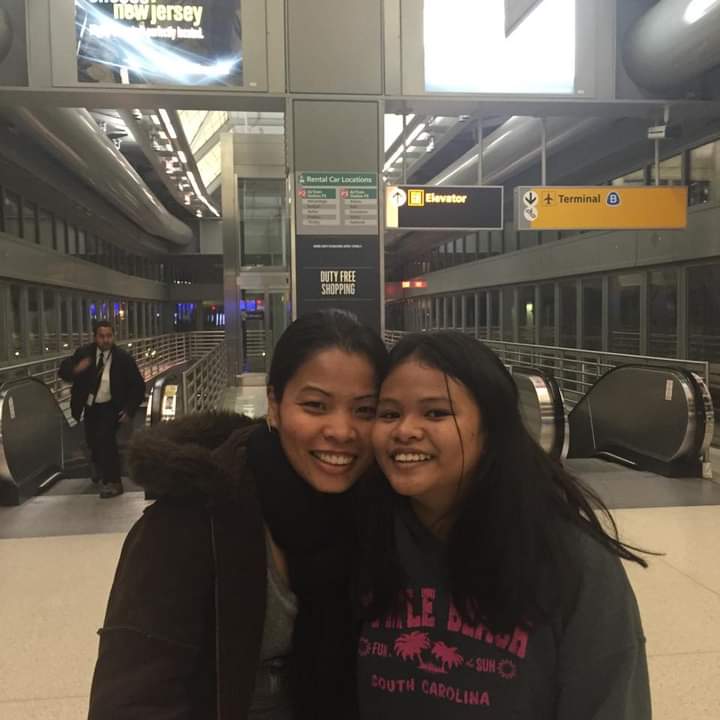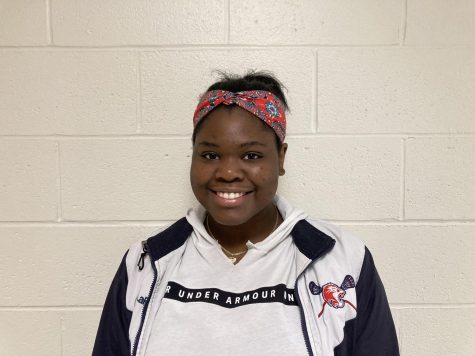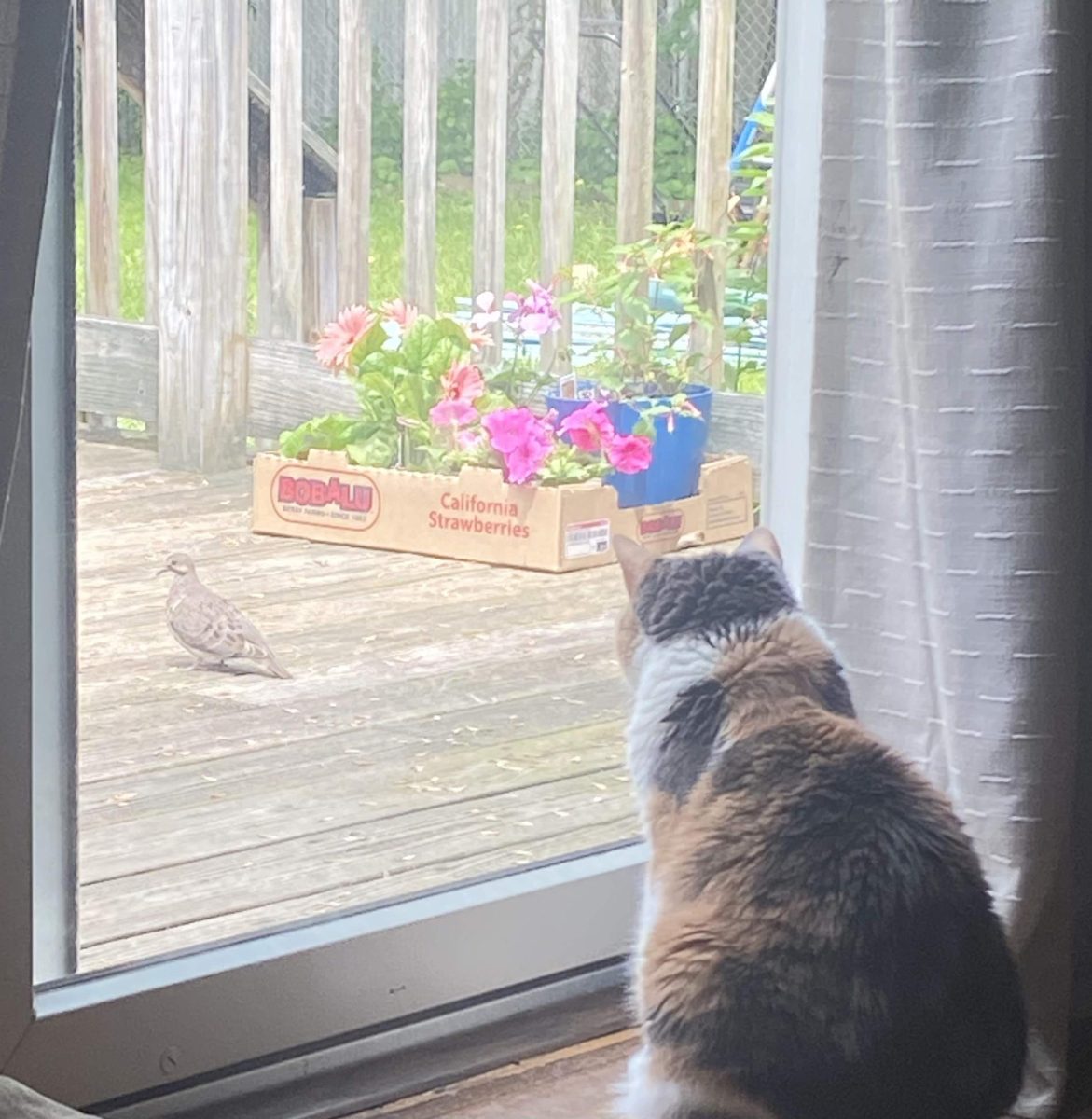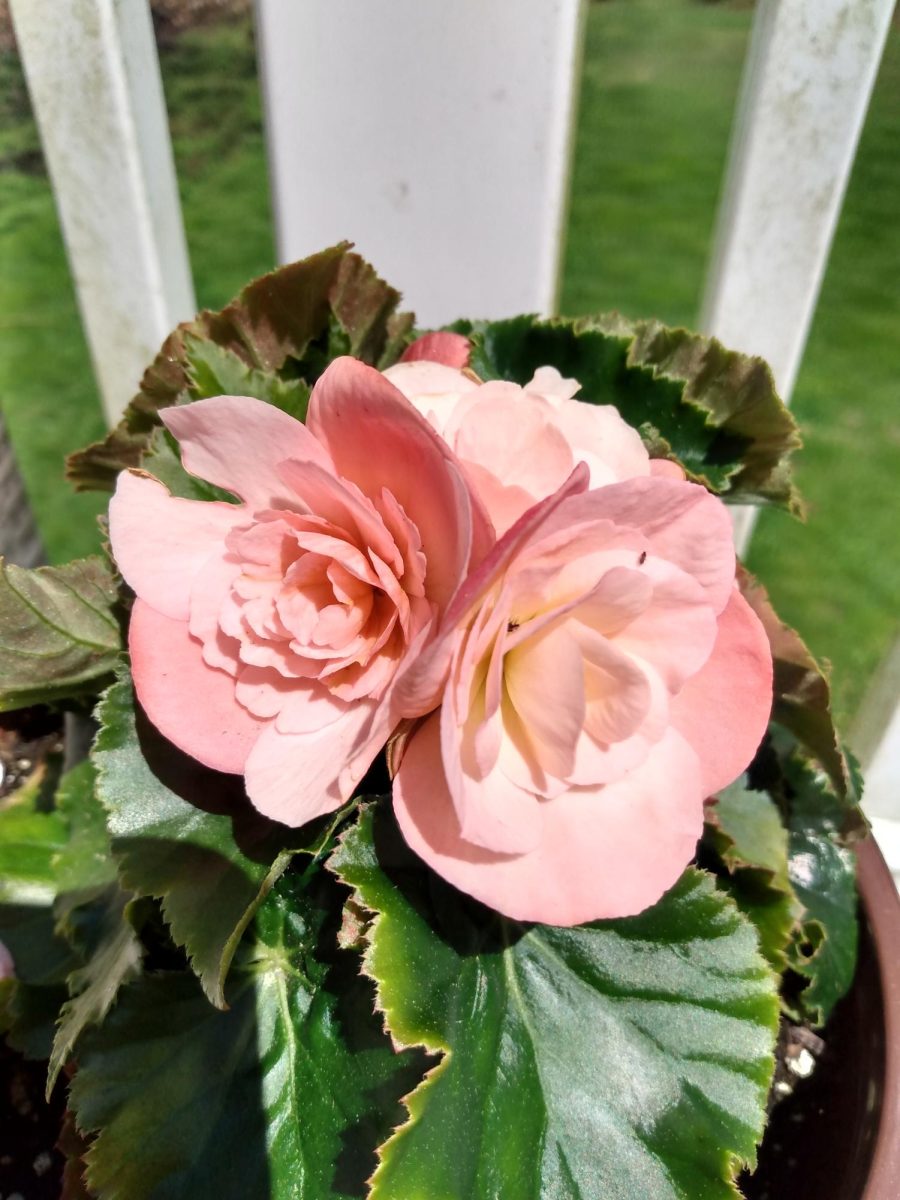Student Spotlight: Julianne Yasona
Together in a new home: Julianne and her mother, Ri-anne Yason,in an American airport. Photo courtesy of Julianne Yasona
November 21, 2020
While the typical 11-year-old finds themselves occupied with sports or hanging out with friends, Julianne Yasona’s concern at this age proved to be much different. Now a high school junior, Julianne’s move to the United States in 2014 had her face hardships that other middle schoolers would have a hard time going through and experiencing.
Immigrating to a new country is a challenging feat in itself, but so is adapting to a new way of life from the language spoken to the clothes worn.
The worries of how one may adapt to a new setting can bring up many emotions. Ri-ann Yasona, Julianne’s mother, states, “I was worried she would have a hard time adjusting to the life here since it’s very different from the way she lived in the Philippines…I had expected that she would have a harder time adjusting since she was still only a child when she came. She went through the same feeling of homesickness that I went through…”
Going from only knowing a life in the Philippines to experiencing the American lifestyle came as a cultural shock for Julianne, where even the mere absence of dogs in the street came as a surprise to her. The manner in which a dog is conditioned serves as a wealth indicator in the Philippines, a factor that is absent in America.
Yasona states, “In the Philippines, only the rich [walk their dogs] or those who are financially stable. In the province I lived in, dogs were just hanging around their streets and would return home whenever they wanted to.”
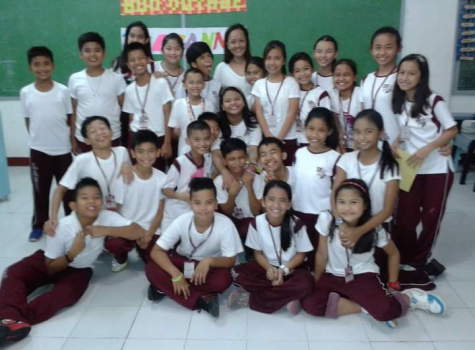
The majority of public schools in America allow students to have the ability to wear and dress to their liking with very little restrictions. In Julianne’s hometown, both the girls and boys have limited freedom to what they can wear. In both private and public schools, uniforms are required. The restrictions on school attire include having the same haircut for boys, certain types of hairstyles girls can only do, wearing a necktie, and more.
Yasona shares, “I found it shocking that students here in America are free to wear anything they like…having your necktie and school ID is not mandatory for every school, but in the local private school I went to, it kind of was, or else you’ll get demerit points, which would affect your report card.”
Transitioning from the language Tagalog to English was a difficult process as well. Yasona states, “English was one of the subjects I nearly failed in my school in the Philippines. I had a hard time communicating with my classmates…found it hard to make friends because of that…I was worried about being judged by my peers…I couldn’t help but feel self conscious when I spoke to them or anyone.” Despite these challenges, Julianne overcame them and feels confident in her english now.
Going from the coldest temperature of 70 degrees fahrenheit in the Philippines to the coldest temperature of 42 degrees fahrenheit in Connecticut was a great shift towards Julianne’s environment. Yet, the sight of snow was an excitement for Yasona.
When moving from one country to another, the cultures and traditions practiced will be dramatically different. In the Philippines, Yasona partook in a tradition called “Simbang Gabi”, or Night Mass in English, where Filipino Catholics partake in a nine day mass starting December 16 to the 24 to celebrate the days leading up to their belief of Jesus’s birthday. Yasona states, “…I did this with my grandmother and her friends..after the mass we would get this purple rice cake called Puto Bumbong sold outside the church only during the Christmas Holiday.”
Now after six years since the move, Julianne has created many relationships and has settled into the climate of the United States.
Orchestra director, Mr. Steven Juhasz, who has been Julianne’s string teacher for the past six years, states, “Throughout the years I have seen Julianne become much more comfortable in a broad sense. Whether it be her comfort level communicating with peers in class or speaking up, she has become much more comfortable in the years that I have known her.”
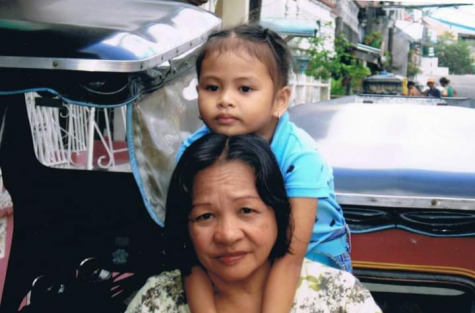
Adjusting to a new country is difficult and can take time but Julianne Yasona has conquered that fact saying, “Although I’ve struggled with some factors, I never gave up and continued to work hard.”


